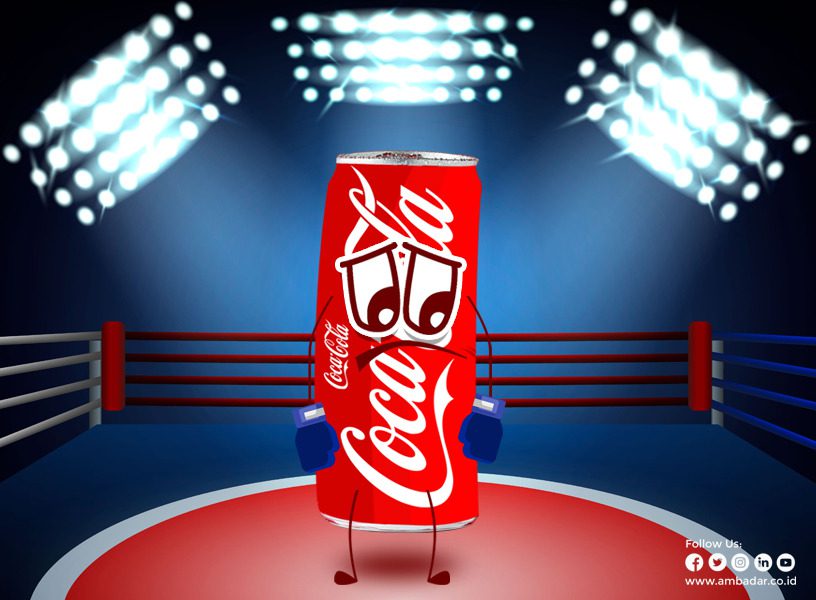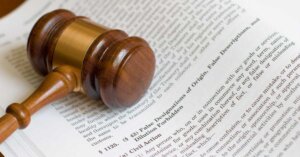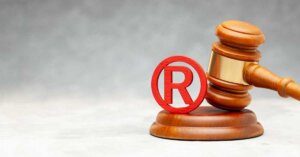Coca-Cola suffered quite the loss after failing to win a Trademark fight against Meenaxi Enterprise, an Indian-based company primarily known for its FMCG products. According to the company’s website, meenaxifoods.com, they take pride in certain products: Limca, Thums Up, Rimzin, Rogers, and Bournvita.
Among the products mentioned above, Limca and Thums Up are the main attraction, so to speak, of the recent Trademark fight.
Coca-Cola bought Limca and Thums Up in 1993 from Parle Bilseri, the company which created Thums Up and Limca. For clarification, Limca is a lemon soda product; thums Up is regular cola, not too different from Coca-Cola or Pepsi.
When 2008 came around, Meenaxi started selling their own Thums Up and Limca in America, years after Coca-Cola bought the Trademarks in India. Meenaxi then decided to register Thums Up and Limca as their Trademarks with the US Patent and Trademark Office (USPTO) in 2012.
Having already bought Limca and Thums Up from their creator, Coca-Cola finds Meenaxi’s actions damaging. Therefore, Coca-Cola fought back by requesting USPTO to cancel the Limca and Thums Up Trademarks in America. The Trademark Trial and Appeal Board granted the request.
The cancellation of the Limca and Thums Up Trademarks in America was granted because the Board found that Meenaxi’s marketing and registering of the Trademarks have the potential to harm the reputation of Coca-Cola products among Indian-Americans.
The case was brought before the US Court of Appeals for the Federal Circuit by Meenaxi. The legal action ended with Coca-Cola being declared unable to prove that the registration of the Limca and Thums Up Trademarks in America was detrimental to their products. At the time this article was written, Meenaxi’s very own Limca and Thums Up were still registered with USPTO.
The main point of this case is that Coca-Cola has legally purchased the rights to the Limca and Thums Up Trademarks in India. Therefore, Coca-Cola now owns the two Trademarks. Meenaxi is a party whose position is outside Coca-Cola and Parle Bisleri’s transactions. The Limca and Thums Up Trademarks marketed and registered by Meenaxi do not correlate with Coca-Cola’s Limca and Thums Up, except in terms of their similarities.
Imagine if a case like this happened in Indonesia. How would our regulation face such a case?
Trademark Law in Indonesia
Please note that the most fundamental rule in Indonesian Trademark law is that we follow the first-to-file system. As can be seen in Article 1 point 5 and Article 3 of Law Number 20 of 2016 concerning Trademark and Geographical Indication. Therefore, the party who registers first is the one who has the right to use and market the Trademark. Other parties may use the same Trademark only if they sell goods/services that are not similar to the goods/services represented by the Trademark that appeared first.
In this case, let’s say Coca-Cola is company A, which has purchased Trademarks from company B in country AB. The Trademark rights are in country AB. In the future, Meenaxi, or company C, markets and registers Trademarks in Indonesia. Those Trademarks are identical to the Trademarks purchased by company A some years ago in country AB. In that situation, considering Indonesia prioritizes who registers first, company A would be fighting a losing battle against company C. In any case, Company A’s Trademark rights in country AB do not transfer itself to Indonesia. Laws and sovereignty are restricted to a country’s territory. Therefore, the Trademark rights obtained by company A in country AB have no significance in Indonesia. Unless company A’s Trademarks are well-known Trademarks.
What can be concluded here is that, should a case such as this were to happen in Indonesia, the result would more or less be the same. There would, however, be a slight difference in reasons for victory. Here, the reason would be: company C registered first.
If company A attempts to register similar or identical Trademarks, theirs would be rejected or opposed. The reason would be, that no party can register a Trademark with similarities to an already registered Trademark.
The chances of company A winning against company C in this hypothetical case is relatively small unless company A argues that company C’s Trademarks are identical to well-known Trademarks. That argument can’t stand alone; it needs to be followed by solid proof.
Do not hesitate to contact us via marketing@ambadar.co.id if you have any questions or further inquiries.
Source(s):
- Law Number 20 of 2016 concerning Trademark and Geographical Indication
- Reuters
- The Telegraph Online






